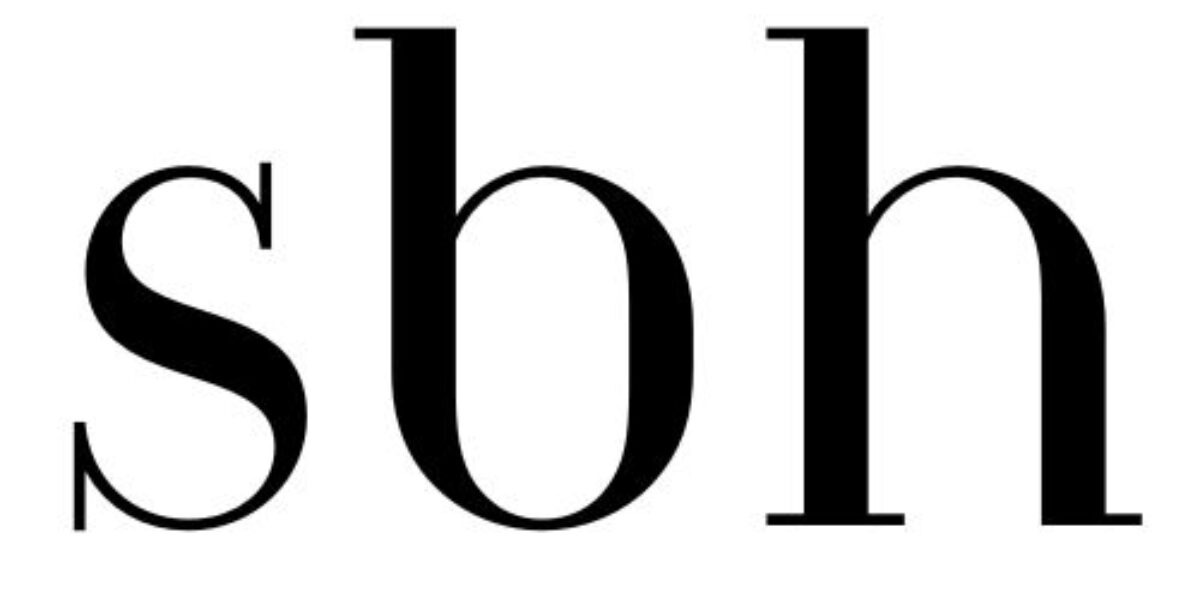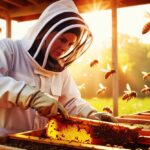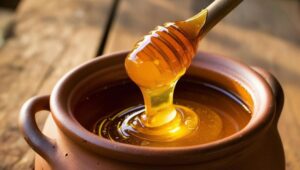Beekeeping
Beekeeping (or apiculture, from Latin apis, bee) is the maintenance of honey bee colonies, commonly in hives, by humans. A beekeeper (or apiarist) keeps bees in order to collect honey and beeswax, to pollinate crops, or to produce bees for sale to other beekeepers. A location where bees are kept is called an apiary or “bee yard”. Source: Wikipedia
“South Africans do not produce nearly enough honey for the domestic market, and prices are good, allowing fairly substantial profit margins. Profitability is virtually guaranteed as long as you faithfully follow certain methods and make the most of opportunities.” Ref.: Finance Week, 31 May 2002, p48.
Legal considerations
Before starting your beekeeping venture, check on any applicable regulations with your local authority or the associations and organisations given below.
Also look at Regulations relating to the grading, packing and marketing of honey and mixtures of bee products intended for sale in the Republic of South Africa. Agriculture, Forestry and Fisheries. The regulations deal with the grading, packaging and marking of honey and bee products.
Associations and Organisations
Southern Cape Bee Industry Association (SCBIA)
The Southern Cape Bee Industry Association (also known as the Suid-Kaap Byebedryf Vereniging) are a group of dedicated beekeepers who are passionate about promoting ethical, professional, and sustainable beekeeping practices in the Southern Cape province of South Africa.
KwaZulu-Natal Bee Farmers Association (KNBFA)
A volunteer Association with a Passion for the Bee industry.
Suppliers
Mellefica Byeboerdery
Tel: 05292, ask for 2703; or phone 082 853 2956
Brabys:
An information site for hospitality resources.
BHive
Beekeeping supplies
Websites
Article: “Bees in Kwazulu Natal“. The Forest Honey Project. Farmers Weekly 10 June 2003
Career in beekeeping
Article in the Cape Argus about a Cape Town couple who have run a lucrative beekeeping business for the past 20 years and who provide training for people interested in starting their own venture working with bees.
Rupert’s Honey
The main aim of this site is to educate you about bees, innovative beekeeping and the production of honey. They are the developers of the Jackson Horizontal Hive and with this hive and knowledge, they have developed a particular interest in Rural Apicultural Development and the simplification of all things apicultural.
Honeybadger:
Advice on beekeeping, honey farming, bee hives, beeswax, honeybees.
Proudly South African:
Honey of a project.
Beekeeping:
This website lists associations in South Africa and neighbouring countries and includes articles and links.
Selected international links
How to survival library
Using and storing honey.
Value-added products from beekeeping
FAO Agricultural Services Bulletin No. 124. Food and Agriculture Organization of the United Nations Rome 1996. This volume is intended to provide information on the utilization of all primary beekeeping products and in this way improve the possibilities for diversification in beekeeping activities. The new perspective for additional income generating activities for beekeepers and non-beekeepers alike may, under the right circumstances, also increase beekeeping viability in an otherwise often marginal business environment.
ITDG’s technical brief on honey processing
Downloadable as a PDF document.
Publications
Beekeeping in SA,
3rd edition. Provides information and instruction, caters for hobbyists, beginners and professionals. Agricultural Research Council. Tel: 012 329 3269; e-mail: riet@plant2.agri.za Website: www.arc.agric.za
Honey processing.
A technical brief produced by the Intermediate Technology Development Group (ITDG), UK.
Honey.
D Botha. ISSN: 0014-8482. Looks at the practice of apiculture in South Africa and the cultivation of colonies of honeybees for honey and beeswax production.
Value-added products from beekeeping.
R Krell. FAO Agricultural Services Bulletin No. 124, Rome 1996. ISBN: 92-5-103819-8. Contains information on the manufacturing, processing and marketing of value-added bee products. It is directed at beekeepers as well as non-beekeepers, small entrepreneurs, extension officers and those involved in small business development.
South African Bee Journal.
P O Box 14786, Hatfield, Pretoria 0028. e-mail: anton@honeybadger.co.za. This publication can also be viewed on the website:
To bee or not to bee.
Finance Week, 31 may 2002. p48. Discussion on honey production in South Africa and its profitability.
Restraint of trade is a double-edged sword,
by D Rodkin. In: Finance Week, 11 December 1998. There’s money in honey,
by C Nel. In: Farmers’ Weekly, Issue 88028, 10 July 1998.
Hive management and honey production: practical beekeeping.
R Culbert. South African Bee Journal, Vol. 72, Issue 3, September 2000.
So you want to keep bees?
Farmers Weekly, 24 May 2002.
Cape clones are threatening R20 bn honey industry.
Business Day, 25 July 2002, p2.
Training
Beekeeping courses
Get started on your beekeeping journey today with our fun and easy courses. At Bhive Beekeeping Supplies we promote South African beekeeping courses on our site for ease of convenience to our clients and to better promote South African beekeepers’ services. Browse the beekeeper training programmes below to find one best suited to your location and needs. These bee courses generally span from 1 to 2 days, they cover theory, tools and equipment and some practical work. You will also receive a certificate upon completion of the course. Kindly note these courses are not hosted by Bhive Beekeeping Supplies, but by various local beekeepers who have chosen to promote their courses on our site.



